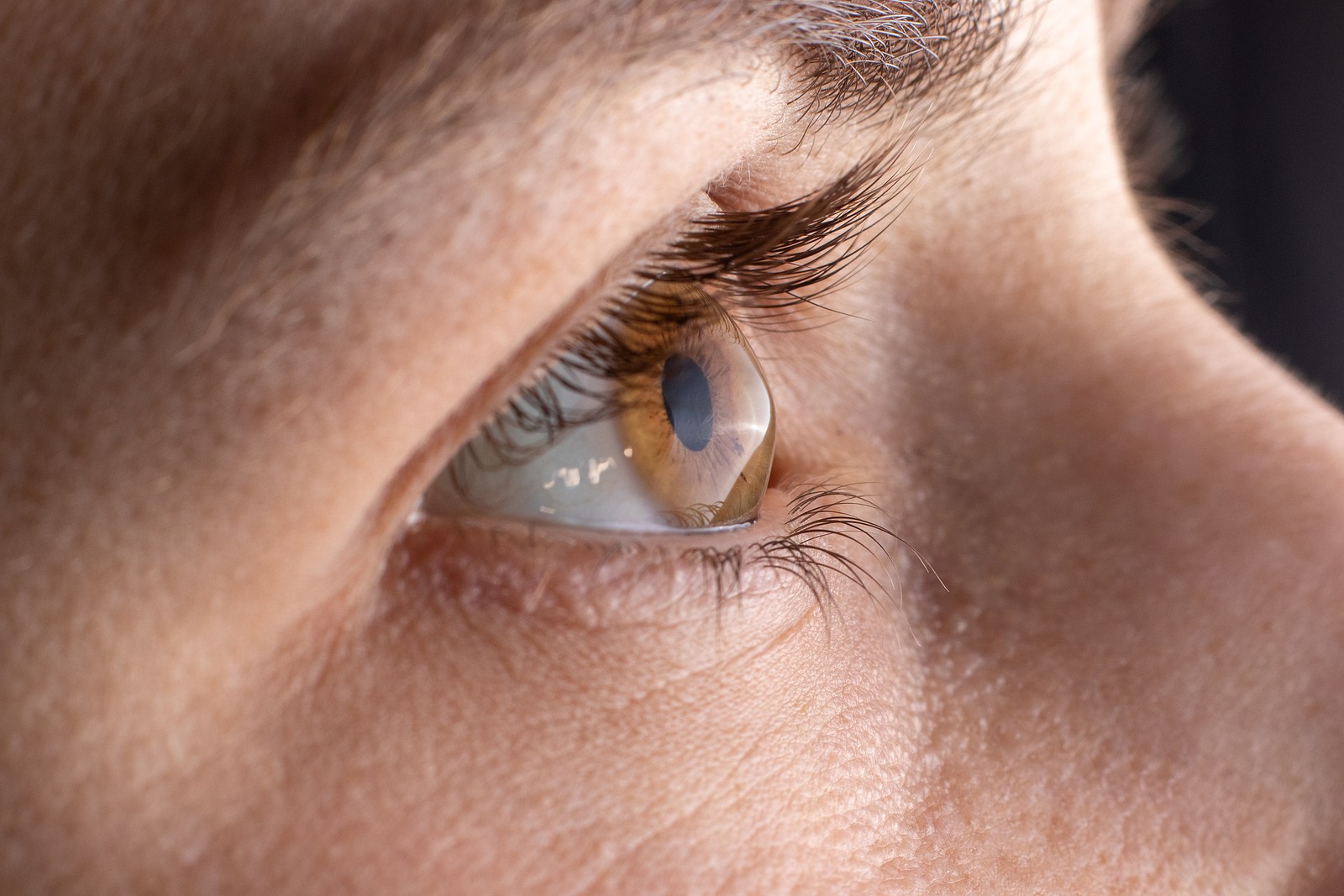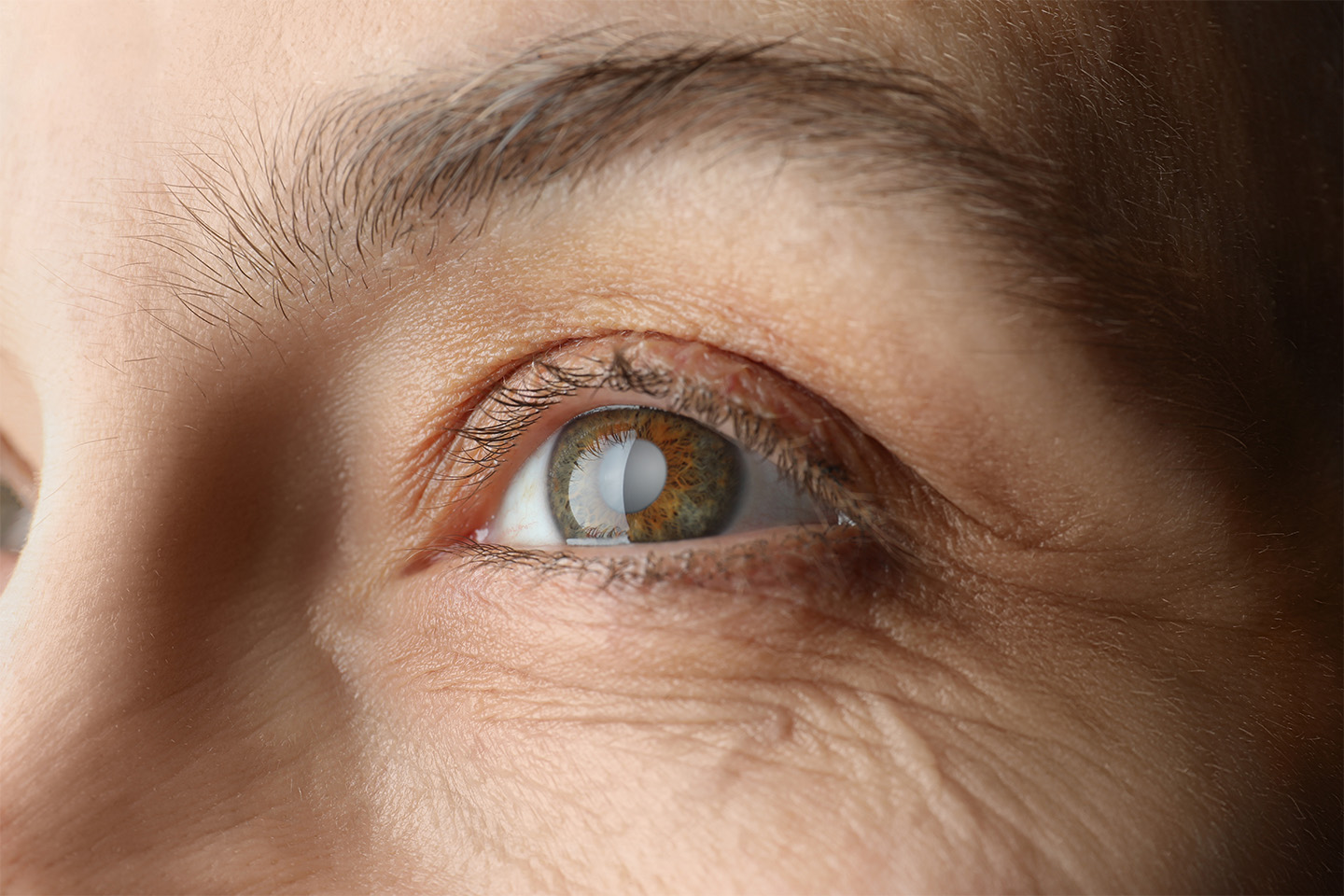Corneal Cross-Linking, an Innovative Treatment for Keratoconus

We have information about a new treatment for a frustrating eye condition called keratoconus, where the surface of the cornea at the front of the eye bulges into a cone shape resulting in blurry vision. Previously, treatments consisted of glasses or contact lenses, with corneal transplants sometimes required for more advanced cases. This new, innovative treatment for keratoconus and other types of corneal ectasia can directly address the underlying issue.
At ICON Eyecare, we have some of the top eye care experts in Colorado working on challenging eye conditions, involved in both research and training. Our cataract and LASIK surgery practice in Denver is one of the most advanced, able to help thousands of patients see better.
Corneal Cross-Linking Goes to the Root of the Problem for Keratoconus
Corneal cross-linking is an alternative to using lenses or corneal transplants to address the problems that the cornea has in maintaining its structure in keratoconus. By using special riboflavin eye drops and controlled UV light exposure, the collagen fibers in the cornea are encouraged to form new links. New, stronger links create a more stable cornea shape.
Corneal cross-linking can be combined with other keratoconus treatments in advanced cases or used early on to halt and even reverse cornea shape irregularities. The patient will benefit with better visual acuity, and even be able to more easily wear contact lenses. The FDA-approved procedure for corneal cross-linking, called “epi-off,” includes removal of the epithelium, a layer of cells, for greater access to the cornea for the riboflavin eye drop treatment. Corneal cross-linking has demonstrated potential to address other eye problems such as corneal infections and ulcers.
Are You A Candidate for Corneal Cross-Linking?
Your eye doctor will evaluate your overall eye health and the thickness of your cornea as well as other factors to determine whether you’re a good candidate for this procedure. If so, in preparation for the procedure you’ll undergo corneal mapping to determine the exact shape of your cornea, including irregularities.
After the Procedure
After treatment, which takes about an hour while allowing the eye drops to take effect, patients will receive a bandage contact lens to aid the healing, along with anti-inflammatory and antibiotic drops. Studies of this procedure are showing that most patients experience stabilization of their keratoconus condition, an important result since this progressive condition can typically lead to severe vision problems. In some cases, patients experience an actual improvement in their corneal shape.
For Access to Advances in Eye Care, Surgery, and Treatment, ICON Eye Care is Your Best Resource
We think that offering this new keratoconus treatment in Denver will help many of our patients address this difficult condition. Other applications for corneal cross-linking are being developed to make patients better candidates for LASIK and similar procedures. As experts in cataract and LASIK surgery in Denver, ICON Eyecare is your source for leading-edge ophthalmology, so call us to make an appointment for keratoconus treatment in Denver.
[DISPLAY_ULTIMATE_SOCIAL_ICONS]








